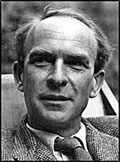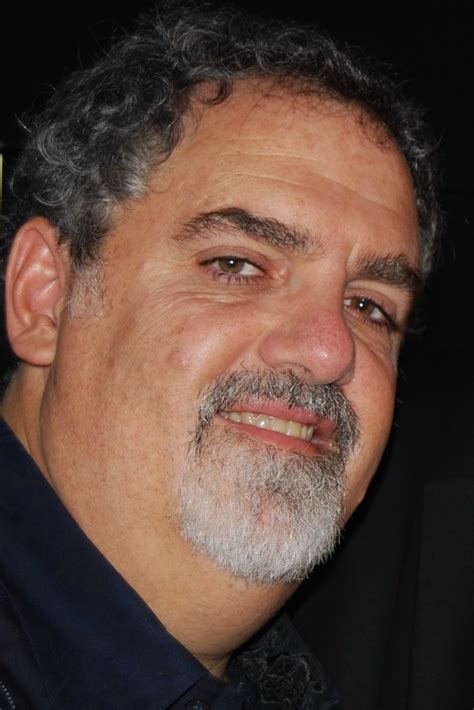A Quote by P. F. Strawson
No philosopher understands his predecessors until he has re-thought their thought in his own contemporary terms.
Quote Topics
Related Quotes
Picture the prince, such as most of them are today: a man ignorant of the law, well-nigh an enemy to his people's advantage, while intent on his personal convenience, a dedicated voluptuary, a hater of learning, freedom and truth, without a thought for the interests of his country, and measuring everything in terms of his own profit and desires.
If you want to judge how well a person understands Christianity, find out how much he makes of the thought of being God's child, and having God as his Father. If this is not the thought that prompts and controls his worship and prayers and his whole outlook on life, it means that he does not understand Christianity very well at all.
Ben remembered reading about curators in "Wonderstruck", and thought about what id meant to curate your own life, as his dad had done here. What would it be like to pick and choose the objects and stories that would go in your own cabinet? How would Ben curate his own life? And then, thinking about his museum box, and his house, and his books, and the secret room, he realized he'd already begun doing it. Maybe, thought Ben, we are all cabinets of wonders.
A man is reputed to have thought and eloquence; he cannot, for all that, say a word to his cousin or his uncle. They accuse his silence with as much reason as they would blame the insignificance of a dial in the shade. In the sun it will mark the hour. Among those who enjoy his thought, he will regain his tongue.
The merit of Marx is that he suddenly produces a qualitative change in the history of social thought. He interprets history, understands its dynamic, predicts the future, but in addition to predicting it (which would satisfy his scientific obligation), he expresses a revolutionary concept: the world must not only be interpreted, it must be transformed. Man ceases to be the slave and tool of his environment and converts himself into the architect of his own destiny.
It is the man of science, eager to have his every opinion regenerated, his every idea rationalized, by drinking at the fountain of fact, and devoting all the energies of his life to the cult of truth, not as he understands it, but as he does not yet understand it, that ought properly to be called a philosopher.
The greater the scientist, the more he is impressed with his ignorance of reality, and the more he realizes that his laws and labels, descriptions and definitions, are the products of his own thought. They help him to use the world for purposes of his own devising rather than understand and explain it.
When the father dies, he writes, the son becomes his own father and his own son. He looks at is son and sees himself in the face of the boy. He imagines what the boy sees when he looks at him and finds himself becoming his own father. Inexplicably, he is moved by this. It is not just the sight of the boy that moves him, not even the thought of standing inside his father, but what he sees in the boy of his own vanished past. It is a nostalgia for his own life that he feels, perhaps, a memory of his own boyhood as a son to his father.
In His discourses, His miracles, His parables, His sufferings, His resurrection, He gradually raises the pedestal of His humanity before the world, but under a cover, until the shaft reaches from the grave to the heavens, whenHe lifts the curtain, and displays the figure of a man on a throne, for the worship of the universe; and clothing His church with His own power, He authorizes it to baptize and to preach remission of sins in His own name.
The name that no human research can discover-- But THE CAT HIMSELF KNOWS, and will never confess. When you notice a cat in profound meditation, The reason, I tell you, is always the same: His mind is engaged in a rapt contemplation Of the thought, of the thought, of the thought of his name: His ineffable effable Effanineffable Deep and inscrutable singular Name.
This was one of the greatest test of his faith he had ever experienced. The thought of deceiving the kind and faithful wife of his youth... was more than he felt able to bear.... his sorrow and misery were increased by the thought of my mother hearing it from some other source, which would no doubt separate them, and he shrank from the thought of such a thing, or of causing her any unhappiness.






































